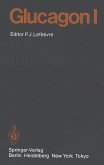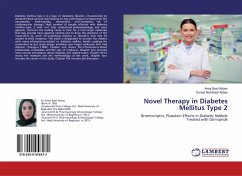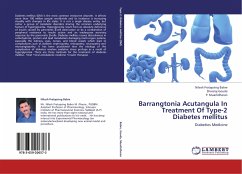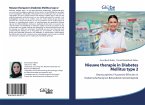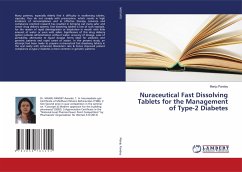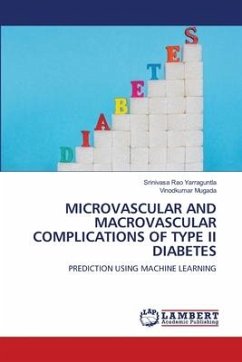Type 1 diabetes (T1D) is a focus of scientific research worldwide. The possibility of giving people with T1D a quality of life and an average life expectancy equal to that of a healthy individual has led to a great deal of investment in research in this area. Since the therapeutic approach to this disease is based on the use of insulin, the progress in the development of new molecules is remarkable. Currently, new ultrarapid and ultra-prolonged insulins are available, which have revolutionized the treatment of T1D, namely by allowing the mimicking of physiological insulin secretion and thus increasing the effectiveness and safety of therapy. Moreover, in the 21st century, we are living in the height of the technological era, and this evolution has also had a very positive impact on the treatment and control of T1D. The development of new devices has revolutionized the way to monitor and control this pathology. Thus, it is essential that health professionals who deal with patientswith T1D are updated and aware of new developments, because each innovation represents a step forward in the control and management of this disease.
Bitte wählen Sie Ihr Anliegen aus.
Rechnungen
Retourenschein anfordern
Bestellstatus
Storno


